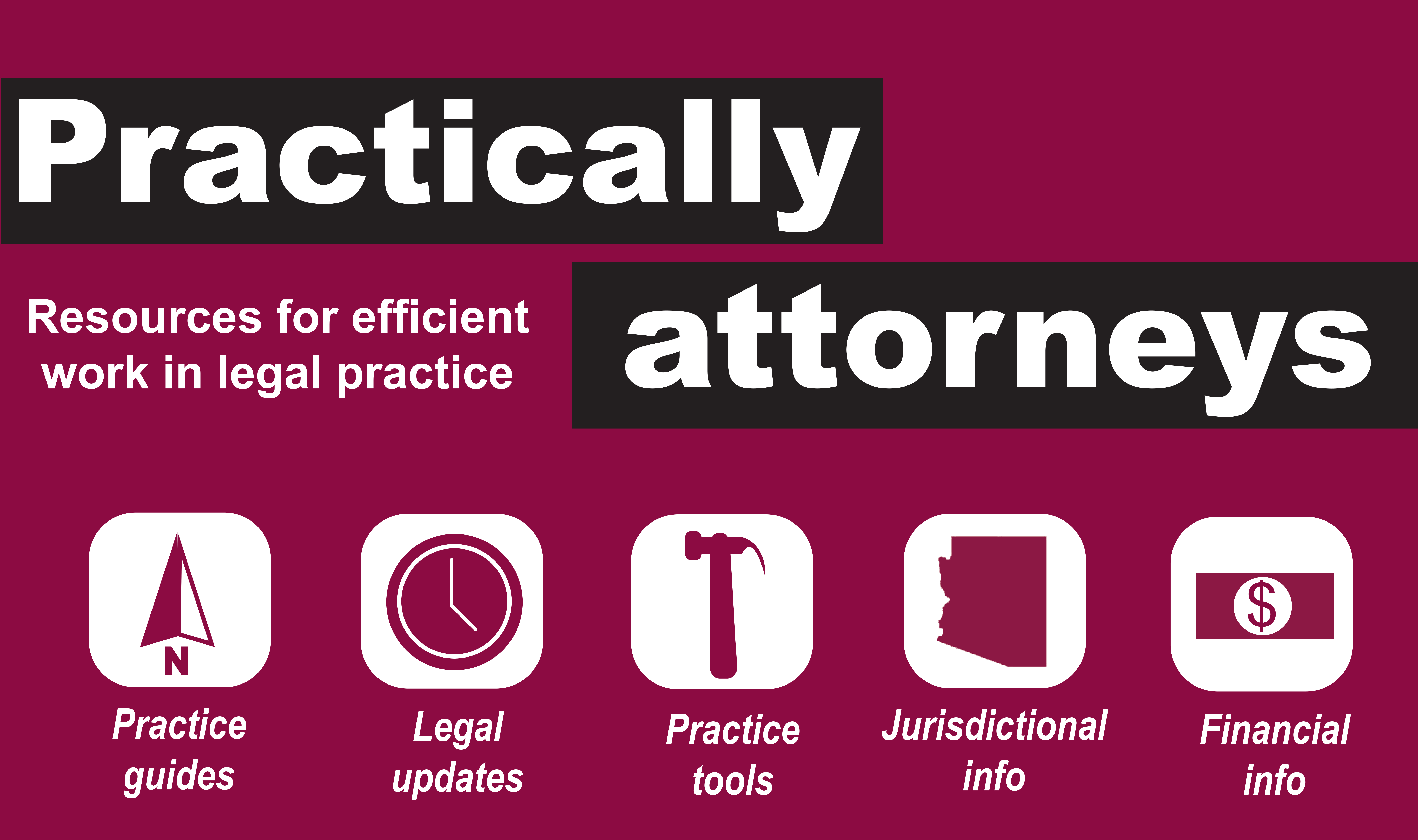A good vocabulary is essential for a law student. It allows you to communicate effectively, boosts your powers of persuasion, and helps you make a good impression. In his article for the September 2013 ABA Journal, Professor Bryan Garner cites research reviewed by University of Virginia professor emeritus E.D. Hirsch Jr., who states that studies have solidly established the correlation between vocabulary and real-world ability. In fact, Hirsch affirms that the research reveals “there’s no better index to accumulated knowledge and general competence than the size of a person’s vocabulary.”
To boost your vocabulary, Hirsch recommends not that you spend a lot of time on individual word study, but rather that you acquire knowledge of new words through the social and natural worlds. Below are some ideas for doing so.
Bryan Garner suggests:
- 30 Days to a More Powerful Vocabulary, Wilfred Funk & Norman
- How to Build a Better Vocabulary, Maxwell Nurnberg and Morris Rosenblum
Other suggestions:
- Read a few books from the ABA Journal’s list of the greatest law novels
- Subscribe to a word of the day e-mail list
- Keep a personal vocabulary notebook, in which you record unfamiliar words and their meanings



